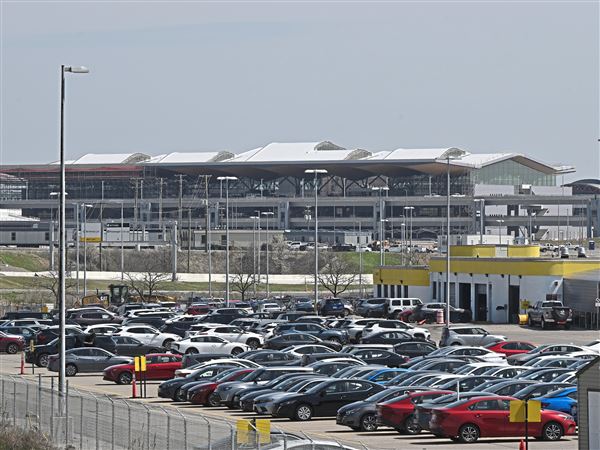High blood pressure is a particular problem and risk for older adults, and new research suggests that elderly patients with hypertension could benefit from efforts to bring their blood pressure readings down to lower numbers than the present goals.
The study findings, published last week in the Journal of the American Medical Association, stated that among people over age 75, those receiving increased medication to try to maintain a systolic blood pressure under 120 fared better than those for whom under 140 was the goal. (The systolic number is the first and higher of the two numbers on a blood pressure reading.)
The Wake Forest University researchers doing analysis in the national Systolic Blood Pressure Intervention Trial found the group with the more ambitious goals for lowering blood pressure had a significantly lower death rate over the next few years, as well as a lower rate of nonfatal heart attack and stroke and other cardiovascular illness.
Hypertension is one of the biggest health risks for older adults, considering some three-quarters of people over age 75 have it, but there has been debate within the medical community over the best goals in treating it. The lower that blood pressure goes from increased use of medications, the greater the worries typically about adverse interaction with other drugs being taken and about debilitating falls from dizziness.
The Wake Forest researchers found, however, that negative consequences were no more common for patients whose systolic blood pressure was being targeted for the 120 level than for the 140 level.
“Considering the high prevalence of hypertension among older persons, patients and their physicians may be inclined to underestimate the burden of hypertension or the benefits of lowering [blood pressure], resulting in undertreatment,” the authors of the study wrote.
Benjamin Susco, an Allegheny Health Network cardiologist, said the findings could justify another look at national guidelines adopted in 2014 that recommend anti-hypertension medication for adults over age 60 if their systolic blood pressure is above 150. There could be real value for certain patients, he said, from adding a pill to reduce their blood pressure lower than prior targets.
But caution is also required, he emphasized, because elderly individuals have higher risk of kidney malfunction, lightheadedness and other complications during treatment to reduce blood pressure.
“The bottom line is taking it on a patient-by-patient basis,” Dr. Susco said. “We know the more medications in general used by elderly people, the more risks there are of some side effects. ... It’s tough as physicians sometimes to find that balance, and the patients need to talk to doctors closely and examine what other risk factors they have.”
Gary Rotstein: grotstein@post-gazette.com or 412-263-1255.
First Published: May 24, 2016, 4:00 a.m.

















